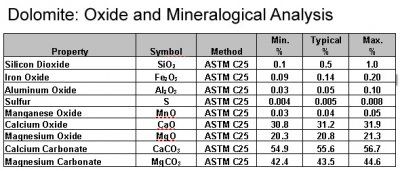Nevertheless despite such exceptions ceramics generally display the properties of hardness refractoriness high melting point low conductivity and brittleness.
Properties of ceramics material.
Advanced ceramics are fine particles in nature.
Properties of some common ceramics.
They may be as much as 96 gas by volume.
Ceramic foams are generally less strong than a solid ceramic but may be very strong relative to their weight.
The ionic and covalent bonds of ceramics are responsible for many unique properties of these materials such as high hardness high melting points low thermal expansion and good chemical resistance but also for some undesirable characteristics foremost being brittleness which leads to fractures unless the material is toughened by reinforcing agents or by other means.
They re rough and tumble materials that will put up with fair amounts of abuse in the most ordinary and extraordinary situations.
Ceramic material characteristics ceramics and glasses are inorganic nonmetallic materials consisting of metallic and nonmetallic elements bonded primarily with ionic and covalent bonds.
They provide high wear heat and corrosion resistance as well as high tensile strength volume resistivity dielectric strength and modulus of elasticity.
They possess microscopic grain boundaries and microstructure pores.
Melting points high 600 4000c thermal conductivities are low insulators thermal expansion values are low 1 15 ppm c 3.
Some of the electrical properties of ceramics materials are.
Some ceramic foams are less brittle than their solid counterpart because air pockets may prevent cracks in the material from spreading.
Mass properties e g density ceramics are intermediate density 2 00 6 00 gms cm3 different for allotropes e g glass cristobalite tridymite quartz 2.
These high strength bonds give rise to the special characteristics of these materials.
Zircon ceramic is a dense ceramic material composed of zro 2 partially stabilized with mgo which indicates its high strength and high wear resistance properties.
Ceramic materials offer a number of benefits in a variety of applications.
These properties are intimately related to certain types of chemical bonding and crystal structures found in the material.
Thermal conductivity online converter porcelain is a ceramic material made by heating selected and refined materials often including clay in the form of kaolinite to high temperatures.















































